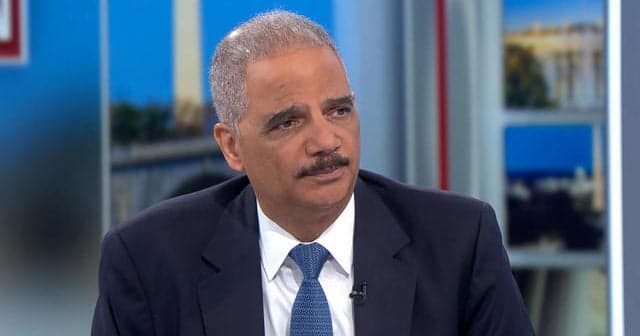X unveils country of origin tags, many political accounts show foreign operators
X, formerly Twitter, has begun displaying a country of origin indicator on user profiles, a change that quickly exposed dozens of influential political accounts presenting as U.S. based but operated from abroad. The rollout has reignited concerns about foreign influence in domestic discourse and highlighted limits of platform provenance tools for transparency and electoral integrity.

X on Sunday began displaying a country of origin indicator on profiles, a new provenance feature accessible through the Joined tab that reveals the location of account operators. Within hours users across the political spectrum noticed that a number of high-following political pages that had presented as American were showing operator locations in eastern Europe, Southeast Asia, Africa and South Asia. The company briefly removed the indicator before re-enabling it, saying the feature was being adjusted as the rollout progressed.
The revelations prompted rapid attention from activists, journalists and political figures who used the tool to call out accounts they say have amplified domestic narratives while appearing to be run from overseas. Several pages styled as MAGA accounts and some anti-Trump pages were among those whose operator locations now appear outside the United States. X has cautioned that provenance markers can be obscured by the use of virtual private networks and other routing technologies, creating limitations for users and researchers seeking definitive attribution.
The episode underscores a persistent challenge for social platforms. For years, researchers and lawmakers have warned that covert foreign activity can shape domestic conversations, sometimes exploiting mass followings and algorithmic amplification. Platform provenance features are intended to improve transparency, but the X rollout highlights how technical, operational and policy constraints reduce their effectiveness as a standalone remedy.
The immediate policy implications are twofold. First, provenance labels create new incentives for verification, auditing and human review; without stronger processes, they risk producing misleading impressions or being gamed by actors that use obfuscation tools. Second, the disclosure of operator locations will likely spur renewed calls from lawmakers and election officials for mandatory reporting, independent audits and uniform provenance standards across platforms, measures that could require statutory authority or regulatory action.
Institutional actors are already reacting. Lawmakers from both parties say they will press platforms for more detail about the data and methods used to derive location markers and about safeguards against manipulation. Election officials, facing a recurring cycle of misinformation and foreign influence concerns, are likely to consider provenance data in preparing voter outreach and resilience plans for upcoming campaigns. Civil society organizations that monitor disinformation argue the indicator is a useful tool for researchers but must be paired with stronger data access and transparency about automated and coordinated behavior.
Technical experts note practical limits. Operator location is a coarse signal that may reflect where account traffic is routed rather than where content decisions are made. VPNs, proxy networks and commercial management services can conceal true operator origins, and some accounts run by domestic actors use overseas contractors for content production and management.
X’s experiment with profile provenance has already shifted conversations about platform transparency. By exposing a set of prominent accounts as foreign operated, the feature intensified scrutiny of online political influence and reopened debates about the responsibilities of platforms, the role of regulators and the tools available to voters to judge the provenance and intent of political content. As the indicator stabilizes, the broader question remains whether provenance alone can meaningfully reduce covert foreign influence on American political discourse.


